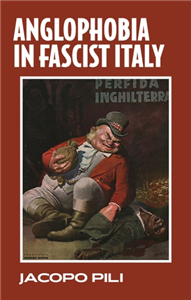The extreme Right in Western Europe
Success or failure?
by Elisabeth Carter
Parties of the extreme right have experienced a dramatic rise in electoral support in many countries in Western Europe over the last two and a half decades. This phenomenon has been far from uniform, however, and the considerable attention that the more successful right-wing extremist parties have received has sometimes obscured the fact that parties of the extreme right have not recorded high electoral results in all West European democracies. Furthermore, the electoral scores of these parties have also varied over time, with the same party recording low electoral scores in one election but securing high electoral scores in another. This book, available in paperback for the first time, examines the reasons behind the variation in the electoral fortunes of the West European parties of the extreme right in the period since the late 1970s. It proposes a number of different explanations as to why certain parties have performed better than others at the polls and it investigates each of these different explanations systematically and in depth. As well as offering a comprehensive analysis of the reasons behind the uneven electoral success of the West European parties of the extreme right, this book provides up-to-date information on all right-wing extremist parties that have contested elections at national level across Western Europe since the late 1970s. In addition to examining the parties' ideology and organisation, it discusses their relationship with the parties of the mainstream, and it investigates the impact that electoral institutions have on their ability to attract votes. This book is aimed at both scholars and students interested in the extreme right, in party politics and in comparative politics more generally.














